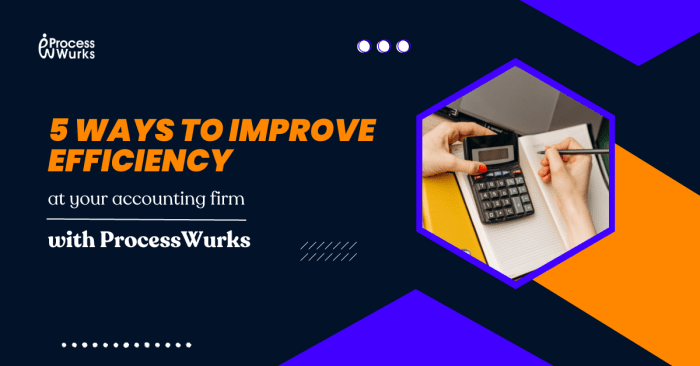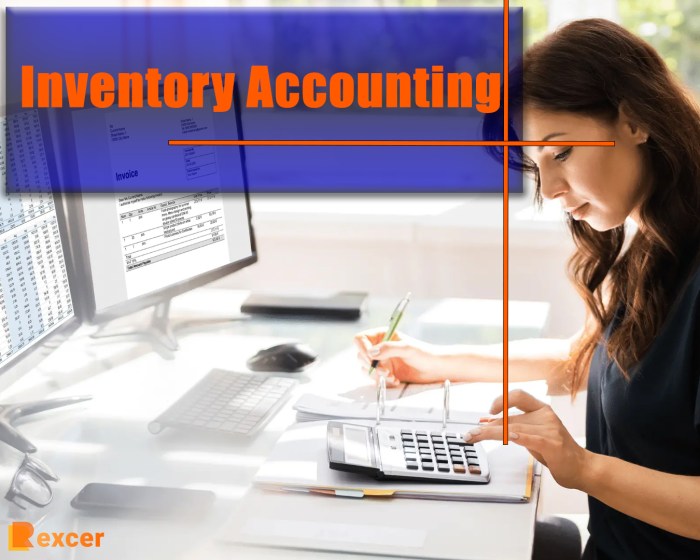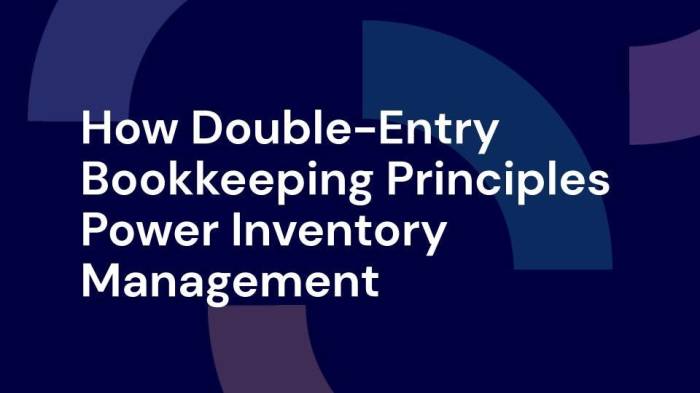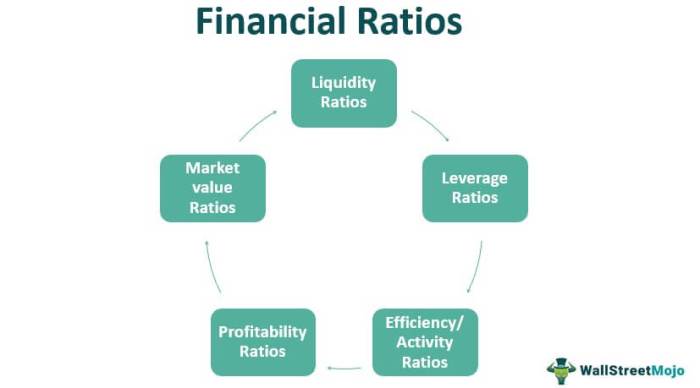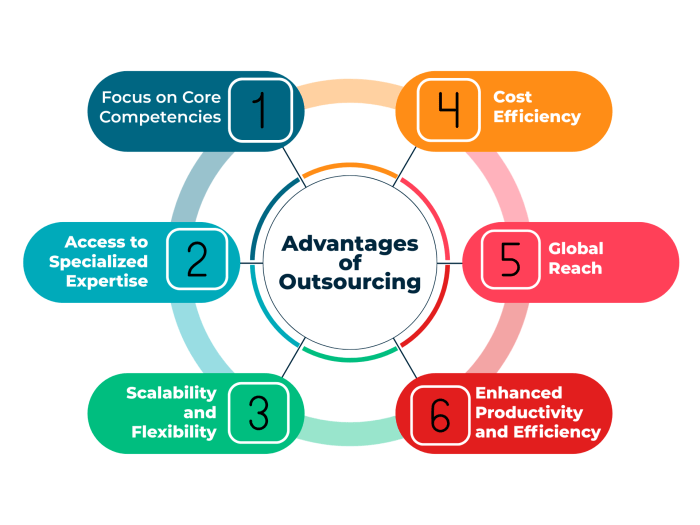
The Benefits Of Outsourcing Your Accounting Functions
The Benefits of Outsourcing Your Accounting Functions extend far beyond simple cost reduction. By strategically delegating accounting tasks, businesses gain access to specialized expertise, freeing up internal resources to focus on core competencies and driving revenue growth. This allows for greater scalability and flexibility to adapt to market changes, ultimately leading to improved efficiency and…





